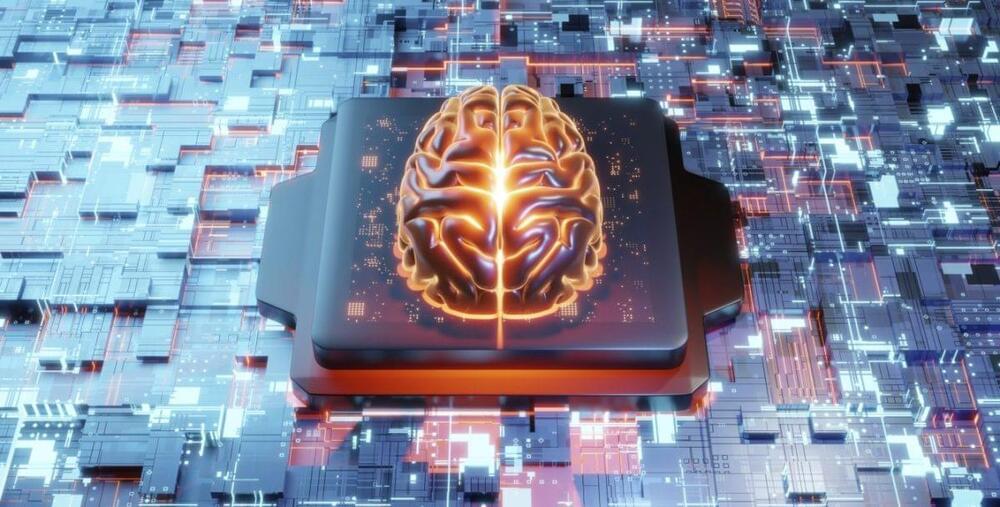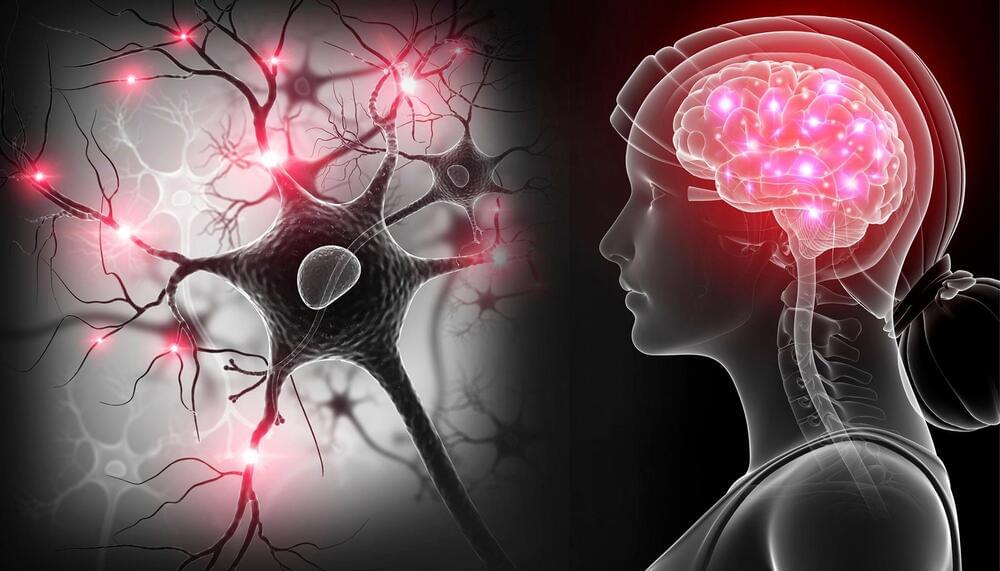Creative thought is surely among our most precious and mysterious capabilities. But can powerful computers rival the human brain? As thinking, remembering and innovating become increasingly interwoven with technological advances, what are we capable of? What do we lose? Join Luciano Floridi, John Donoghue, Gary Small and Rosalind Picard for a thought-provoking program about thinking.
This program is part of The Big Idea Series, made possible with support from the John Templeton Foundation.
The World Science Festival gathers great minds in science and the arts to produce live and digital content that allows a broad general audience to engage with scientific discoveries. Our mission is to cultivate a general public informed by science, inspired by its wonder, convinced of its value, and prepared to engage with its implications for the future.
Visit our Website: http://www.worldsciencefestival.com/
Like us on Facebook: https://www.facebook.com/worldsciencefestival.
Follow us on twitter: https://twitter.com/WorldSciFest.
Original Program Date: June 4, 2010
MODERATOR: John Hockenberry.
PARTICIPANTS: Luciano Floridi, Gary Small, Rosalind Picard, John Donoghue.
John Hockenberry Introduction 00:00


